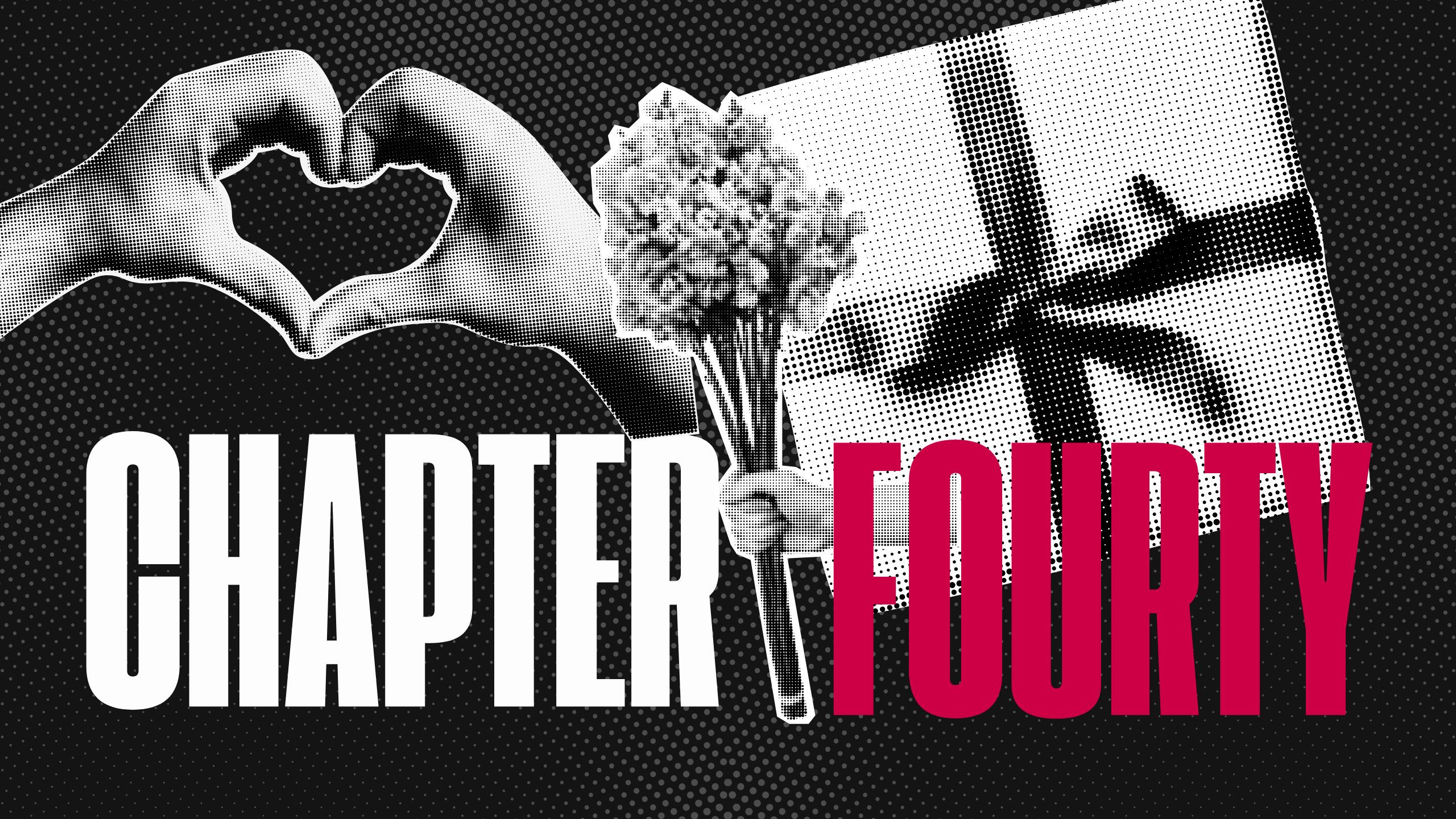A reflection on turning fourty: A journey of self-acceptance and letting go
Entering my “Chapter 40”, I want to gently pat myself on the shoulder and say: "You’ve done well."
Looking back to my twentieth birthday during a university summer break, I remember crying over the ending of my teenage years on a sunlit island in the Aegean Sea. It was the first time I, a child just beginning to grasp autonomy, sensed the pricetag that comes with independence. Adulthood, I discovered, carries not only freedom but also consequences—ones unknown and uncertain in their weight.
At thirty, I was having breakfast at a countryside estate in Provence. The summer sunlight filtered through the branches of trees, leaving dappled patches of light on the white cotton tablecloth. I pondered the Japanese word for this play of light: komorebi. Beyond that fleeting moment of peace lay the unrelenting pressure of an unstable career trajectory, its accumulated psychological scars slowly surfacing.
Having just found my footing in Geneva, I was consumed by a fixation on an international career. It felt like the only dream worthy of pursuit, the only goal that held real value. Back then, I was like a machine that refused to stop, tirelessly seeking purpose in my work, convinced that my achievements would never be enough.
Unknowingly, my thirties became a decade where I allowed my profession to climb to the pinnacle of my identity. I experienced highs and lows, travelled the world, suppressed my true self, drained my creativity, and ultimately stopped writing altogether.
Now, at fourty, the life goals of my youth have already been realized. Walking along the Danube in Vienna, the Austrian writer Stefan Zweig’s words came to me:
“She was still too young to know that life never gives anything for nothing, and that a price is always exacted for what fate bestows. She did not think she would have to pay a price… She wanted to combine two things which are, in actual human experience, incompatible; she wanted to reign and at the same time to enjoy."
Perhaps Zweig once set his foot here, too, I thought to myself.
Now. No longer bound by societal expectations of “success,” I can see beyond the glamorous façade of grand narratives. Beneath them lie the intertwined forces of institutionalism and bureaucracy, the coexistence of racial and gender biases, and the interplay of political and cultural prejudices. Stripping away these shackles has allowed me to discern the essential difference between ideals and structured society. It has enabled me to objectively examine the balance between professional accomplishments and personal pursuits and, ultimately, to reconnect with my authentic self.
At fourty, I no longer fear loss or feel anxious about my age. Instead, I’ve learned to open my hands, letting both glory and disappointment flow through my fingers, so I can grasp the meaning of growth and the gifts of the unknown. This marks the beginning of a more harmonious chapter. With a lighter load, I am finally able to rediscover long-neglected aspirations: balancing health, exploring spirituality, embracing choices with clarity, unifying my values, befriending people from diverse backgrounds, and engaging in endeavours driven purely by passion and curiosity.
I’ve also come to understand that “wasting time” in a meaningful way is not a waste at all—true waste lies in mindless repetition. I no longer want to climb the peaks others deem worthy while swallowing the inner conflict of self-division in silence. My new focus is to embrace the upheavals of life and draw inspiration from them. After all, hopeful beginnings and graceful exits are paths we all must traverse eventually.
At fourty, I hold more identities than simply that of a professional woman: wife, mother, entrepreneur, and partner. These roles have given me unprecedented insight and a profound sense of belonging. I’ve realized that personal freedom, in certain moments, can also be limiting, while what initially seems like constraint can open up new worlds when pursued sincerely.
In some ways, it is these diverse roles that provide us with broader realms to explore, new skills to master, fresh perspectives to contemplate, and boundless possibilities to imagine and create. They teach us the art of balance and shape us into modern Renaissance women—multi-faceted individuals who embody creativity, resilience, and adaptability. Isn’t this, after all, what freedom looks like in real life?
At fourty, I’ve come to understand that the timeless theme of life is giving ourselves the time and space to grow at our own pace. It’s about realizing our true selves and redefining the meaning of success—honouring a life path that may not be perfect but is profoundly authentic.
It took me decades of chasing ambitions around the world to realize this: true peace and freedom lie in self-acceptance—embracing both the highs and the lows, freeing oneself from the need for approval, and intentionally letting go of fixations.
At fourty, I find myself asking what kind of life I hope for my newborn. Not one defined by the relentless pursuit of achievements, but one rich with experiences, reflection, and compassion—for others and, most importantly, for herself. And to guide her toward that, I must first embody it in my own life.


